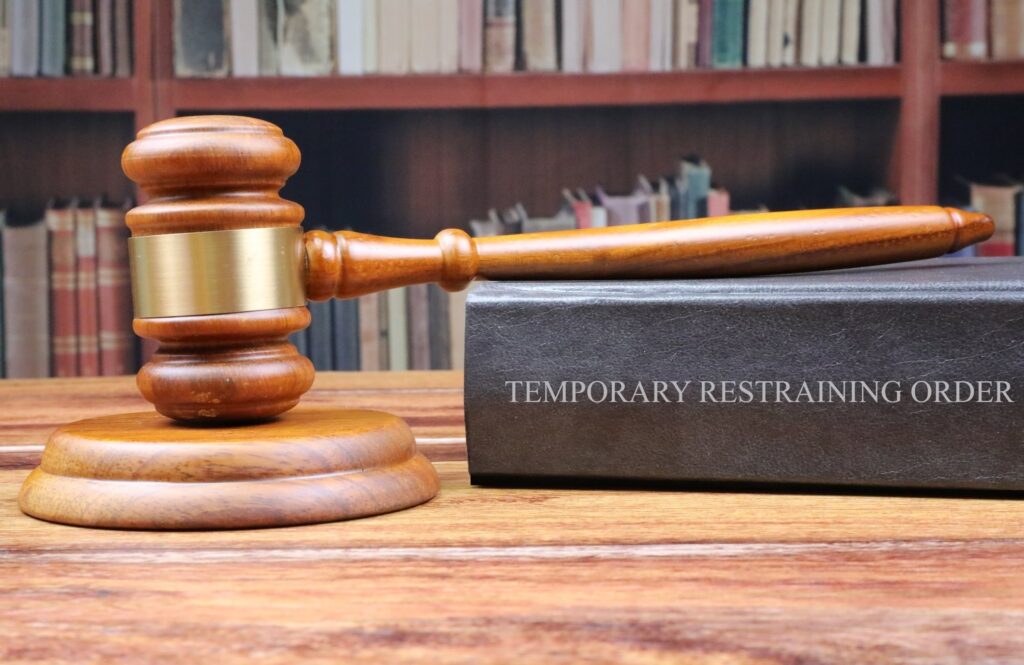Apprehended Violence Order

What is an Apprehended Violence Order?
An Apprehended Violence Order (AVO) is an order made by a Court against a person who makes an individual fear for their safety. For this purpose, there are two types of AVOs;
- An Apprehended Domestic Violence Order (ADVO)
- An Apprehended Personal Violence Order (APVO)
The difference between the two is that an ADVO protects a person. Where a domestic relationship exists between the individual and the offender. Whereas an APVO protects a person where there is no domestic relationship (i.e. co-workers, neighbors, classmates, etc)
In order to apply for an AVO, you will need to call your local police station. And ask to speak to a Domestic Violence Liaison Officer (DVLO). All major Police Stations have one or more DVDs.
DVLO
A DVLO is a specialist police officer who has undergone training pertaining to domestic and family violence, child protective services, and victim support. If you feel you are under threat of any kind of fear for your safety, a DVLO is trained in providing advice and can also assist in referring you to appropriate support agencies. Moreover, DVLO reviews and keeps close oversight on all domestic and family violence reports and cases. Most importantly, they assist individuals through the court process for obtaining an AVO.
In order to apply for a DVLO, you need to be over the age of 16 or you can have a Police Officer apply on your behalf. If you require a Police Offer to apply on your behalf, as soon as you come across a situation where you fear for your safety, you should report the matter to your nearest police station. The Police will then take your statement if needed and will assess the situation. If they are of the opinion that an AVO is necessary for your safety and protection, then they will, as an obligation, apply for an AVO on your behalf.

Stages of AVO
Usually, there are four main stages of an AVO application;
Application
This is the beginning of the process where an application for an AVO is completed.
Provisional Order
If the matter is deemed serious enough, a Provisional Order may be made which means once the order is served, the order is legally valid and binding.
Interim Order
At the first court date, a Provisional Order is automatically made into an interim order by the Court.
Final Order
This is where an order has been made by the Court and is enforceable for a period of one to two years depending upon the application.
Establishing an AVO
Establishing an AVO requires meeting certain grounds such that you will have to show reasonable grounds to fear and in fact fear;
- The commission by the other person of a personal violence offense against the person,
- The engagement of the other person in conduct amounting to harassment of the person, being conduct that, in the opinion of the court is sufficient to warrant the making of the order,
- The engagement of the other person in conduct in which the other person intimidates the person (or a person with whom the person has a domestic relationship) or stalks the person, being conduct that, in the opinion of the court, is sufficient to warrant the making of the order. The standard of proof in AVO matters is not beyond reasonable doubt as it is in criminal proceedings. The standard of proof that applies is the lower civil standard- on the balance of probabilities.
Defending an AVO
The consequences of an AVO can have a significant impact on an individual such that they may be prevented from residing or approaching loved ones (i.e. wife or children), prevented from owning a firearm, may not be considered for certain types of employment and lastly the most important is that it can impact your Australian visa applications. Moreover, AVO matters involving assault or other criminal charges may lead to visa cancellations and the holder of a substantive visa being deported. Therefore, rather than consenting to an order of AVO, it is better to defend in such proceedings.

Frequently Asked Questions
What is Domestic Violence?
Any behavior that is violent, intimidating, or controlling that makes you or your family scared and unsafe can be considered family or domestic violence. It is committed by someone who is inside the domestic circle of the victim. This can be a relationship with immediate family members, relatives, current and ex-partners, and family friends.
What are the Types of Domestic Violence?
There are quite a few types of domestic violence which can range from:
- emotional and verbal abuse
- physical abuse
- sexual abuse
- financial abuse
Are Women likely to experience abuse at the hands of a partner?
Domestic abuse is routinely interpreted as a gendered crime committed by men against women. Men can equally experience abuse from their female partners in a violent relationship. Normally, domestic violence against men can include physical violence, bullying, emotional abuse, and social isolation.
Does our firm provide legal services for domestic violence cases?
Yes, our lawyers have dealt with a lot of domestic violence matters across Australia. We strive to get the best possible outcome for our clients according to their circumstances and charges. Due to our dedication and hard work our legal team is considered one of the best domestic violence lawyers in Australia.
Any Questions?
To know your rights in matters relating to domestic violence in Australia or the Apprehended Domestic Violence Order. Seek the help of a professional domestic violence lawyer or a criminal lawyer. It is very important that you are aware and equipped with the necessary knowledge required to protect your rights. Sultan Legal is a boutique law firm based in Parramatta, Australia. We have the required knowledge, and we will be able to guide you through the process of applying for or defending an AVO. We will try our level best to get the best possible outcome in your case.
If you have any questions or require urgent assistance in making an application for or defending an AVO, please contact us at info@sultanlegal.com.au.
